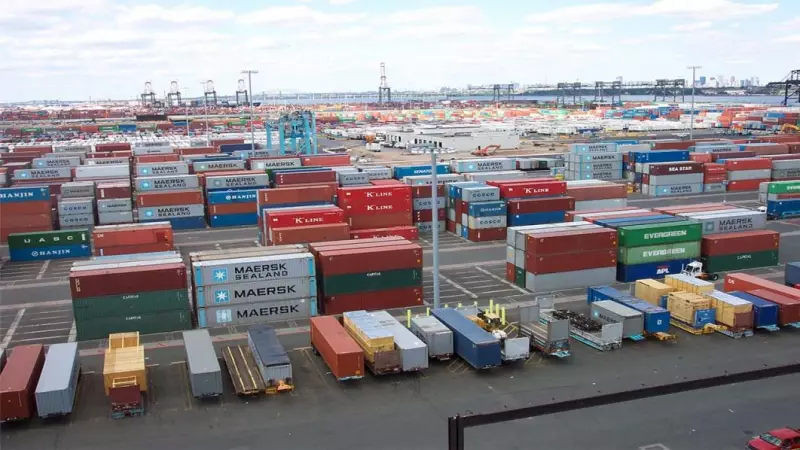
A staggering N7.6 trillion vanishes from Nigeria's economy annually through well-organized extortion networks operating across the country's major trade corridors, according to a damning investigation. This massive financial hemorrhage represents one of the most significant drains on the nation's economic vitality, affecting everything from consumer prices to business competitiveness.
The Anatomy of Extortion
The elaborate network operates through multiple layers of officials and intermediaries who systematically demand illegal payments from traders, transporters, and business operators. These syndicates have established what investigators describe as a "parallel taxation system" that functions with alarming efficiency and brazenness.
Key Pressure Points
- Port access and clearance procedures
- Goods inspection and documentation
- Transportation and logistics checkpoints
- Warehouse and storage facilities
- Border crossing operations
Economic Impact and Consequences
The N7.6 trillion loss represents more than just stolen funds—it translates directly into:
- Higher consumer prices as businesses pass on extortion costs
- Reduced competitiveness of Nigerian products in international markets
- Discouraged foreign investment due to the hostile business environment
- Stifled economic growth and job creation opportunities
Systemic Failure or Organized Crime?
What makes this situation particularly alarming is the sophisticated nature of these operations. The extortion networks aren't random acts of corruption but rather well-coordinated systems involving multiple government agencies and private sector collaborators. Evidence suggests these operations follow established patterns and hierarchies, making them particularly difficult to dismantle.
The Human Cost
Beyond the staggering financial figures, the real victims are Nigerian citizens who face:
- Small business owners forced to pay protection money
- Consumers bearing the burden of inflated prices
- Legitimate officials undermined by corrupt colleagues
- Investors scared away by the toxic business climate
Call for Action
Industry experts and economic analysts are demanding immediate and comprehensive reforms. The situation requires not just individual arrests but systemic changes to port operations, transparency measures, and digital tracking systems that can reduce human intervention and opportunities for extortion.
The revelation of this N7.6 trillion annual loss serves as a wake-up call for policymakers, business leaders, and citizens alike. Addressing this massive leakage could significantly improve Nigeria's economic prospects and restore confidence in the nation's trade infrastructure.





